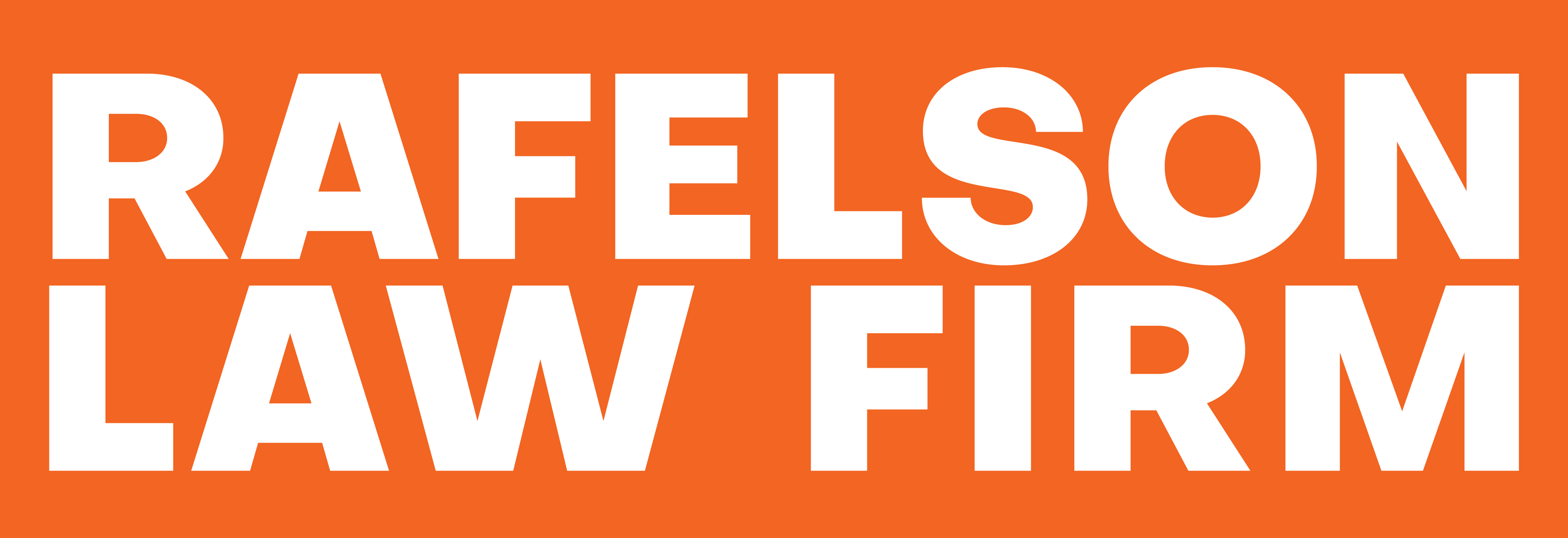As the MTC’s Online Marketplace Seller Voluntary Disclosure Initiative officially opened yesterday, I thought it would be a good idea to remind sellers what’s at stake if no action is taken.
Before I get into that, let me just remind everyone who this potentially affects. If you are international, not physically present in the US and not selling via FBA, you might think that you’re immune from sales and income tax. However, that’s not the case.
“Tax treaties do not cover the taxing activities of States.”-quote from a 1983 Supreme Court case commonly known as the Container Corp case.
Federal Income Tax treaty protections don’t extend to state income taxes. And there is no international treaty provisions that apply to sales tax
Without treaty protection for international sellers, international sellers are subject to the same tax rules as domestic sellers.
The most notable rule being the bright line rule established by the Supreme Court in the Quill case, limiting the burden of having to collect to those businesses, domestic or international, with a Physical Presence in the state. This would include having employees present in the state and/or property including inventory.
This is why the MTC is asserting that you have nexus through FBA.
The states believe that FBA property is property you own, and its presence in any FBA facility automatically creates nexus in the state where that facility is located. In other words, FBA is your “nexus creating activity.”
Similarly with the income tax, since international sellers have no treaty benefits protecting them from state income taxes, international sellers are only entitled to the same federal protections as domestic sellers. That protection is known as Public Law 86-272, and it’s a law established by Congress in 1959 to limit state’s ability to impose their income tax on out of state sellers.
The problem with FBA sellers relying on PL 86-272 protection is that, once you have inventory in the state, you are no longer subject to PL 86-272 protection. In other words, a state is within its right to force you to pay income tax the moment you start to store inventory in that state. Therefore, under the MTC’s view, if you are an international seller with FBA, you are now likely on the hook for both sales and income tax.
I’ve heard enough horror stories about what Amazon can do to your inventory, and how you have no recourse, that I have serious doubts as to whether legal ownership of inventory even exists once Amazon takes control of your inventory through FBA. That being said, until we have that day in Court, this is what the MTC’s viewpoint is going to be with respect to sales and income tax.
What if you are an international seller, or simply a marketplace seller without FBA?
If you only have physical presence in your home country or home state (which hopefully is a NOMAD state), and you don’t use FBA, do you have to worry about amnesty, sales tax nexus or income tax nexus?
If you asked me five years ago, I probably would have said unequivocally, no! However, in the 2015 Supreme Court case DMA, Justice Kennedy offered a separate concurring opinion addressing his frustration with the physical presence requirement established by the Court in Quill. In his concurrence, Kennedy stated that:
[g]iven these changes in technology and consumer sophistication, it is unwise to delay any longer a reconsideration of the Court’s holding in Quill. A case questionable even when decided, Quill now harms States to a degree far greater than could have been anticipated earlier.
As a result of Kennedy’s concurrence a handful of states have decided to enact “economic nexus” legislation with respect to Sales & Use taxes, eliminating the physical presence requirement. Part of the reason states are doing this is that in order for them get the physical presence rule overturned by the Supreme Court, the state needs need to bring a case before the Court.
In order to challenge economic nexus a taxpayer must first protest and challenge a state’s assessment of sales tax based on an assertion of economic nexus by the state. Because the state’s want the case to come up before the court, they aren’t likely to settle the case with the taxpayer, as they often do, because they want to the case to eventually make its way up to the Court. This is how the state’s plan to answer Justice Kennedy’s call to revisit and ultimately overturn Quill.
Therefore, I cannot say that not having a physical presence is a reliable form of protection. I am hopeful the Court will be cognizant of the burden overturning Quill on a non-prospective basis would have on the entire business community. They were certainly cognizant of the potential harm when they decided Quill, so I’m hopefully they’ll do the same if they ever overturn it. However, there are no guarantees, and because so many states have these economic nexus laws, it’s very possible you might be affected.
One caveat to all of this is that the states that have these seemingly unconstitutional rules, put dollar thresholds on when a retailer that is not physically present can have an economic nexus. For example in Nebraska you must have $25,000 of Nebraska sales before they will assert economic nexus, in Hawaii it’s $100,000. So, depending on what kind of sales you have into these economic nexus states, sellers who don’t FBA domestic or international, may have to contend with state laws that seemingly conflict with the Supreme Court’s Quill decision.
What does this all mean for the non-FBA sellers out there?
It means that, while you might be protected for income tax purposes under PL 86-272, you still may have a legal requirement to collect S&U tax even though you aren’t physically present in a state.
Nonetheless, as I keep saying over and over again, if you aren’t the retailer, nexus for Sales & Use tax purposes is irrelevant. And, while I believe that the law is fairly clear that this is Amazon’s responsibility, we have the MTC and a collection states taking a seemingly twisted approach that unfairly burdens small businesses. So, unless the community decides to take action, everyone in the seller community will have to live with these burdens.
So that’s who is affected, but what is the right answer for Marketplace Sellers?
Do you listen to the fear mongers, file your Amnesty Paperwork and start collecting?
ABSOLUTELY NOT!
This is why we are asking for your support.
Join us and I will fight to defend you using the same tactics I used to defend companies like Microsoft, GE and Walmart.
Join us and I will have an army of lawyers and advisors who know how to push back against state governments and the MTC.
Join us, and I promise that you’ll see immediate action taken to get the MTC and the states, to immediately give you more time, so that you won’t have to make an impossible decision about this amnesty program.
I have already drafted an open letter to the MTC that I’ll be sending, asking them to stop the clock on behalf of the marketplace community, and admit this is Amazon’s problem, not yours. If they refuse, then we will take necessary legal and political steps necessary to require them to do this. However, we need your support to do this, and we need it now. The clock is ticking!
Because the seller community is so large, even a small showing of support will go a long way in providing us with the resources we need to fight for you, and make sure that Amazon, not you, is the one responsible for S&U on marketplace transactions. I can only do this with your support.
Please don’t fall for fear monger businesses telling you that you have no choice but to comply so that they can sell you tax accounting services. They choose not to fight because they make more money if all of you have to collect tax. If the MTC issue goes away then they lose all of you as potential customers. I’m not here to sell you my services, I’m here because I know that this is wrong, and I know that it can be changed. This is a winnable war, but only if we have the resources to raise our own army of tax lawyers.
Support us today so that we can make it happen now!
Yes, I’ll join the fight for marketplace sellers
All content whether distributed via website, via email or any other means shall be considered a public service, and does not constitute solicitation, provision of legal advice, or the establishment of an attorney-client relationship.
Paul Rafelson
State Tax Attorney
Paul Rafelson has over 12 years of experience in handling State and Local Tax Matters. As a former State Tax Counsel for General Electric Company in Stamford, CT Paul was responsible for state income and franchise tax audits, appeals and litigation. Prior to GE, Paul held similar roles at Wal-Mart Stores, Inc. in Bentonville, AR and at Microsoft Corporation in Redmond, WA. Paul is also an adjunct professor at Pace Law School where he teaches State and Local Tax Law.



